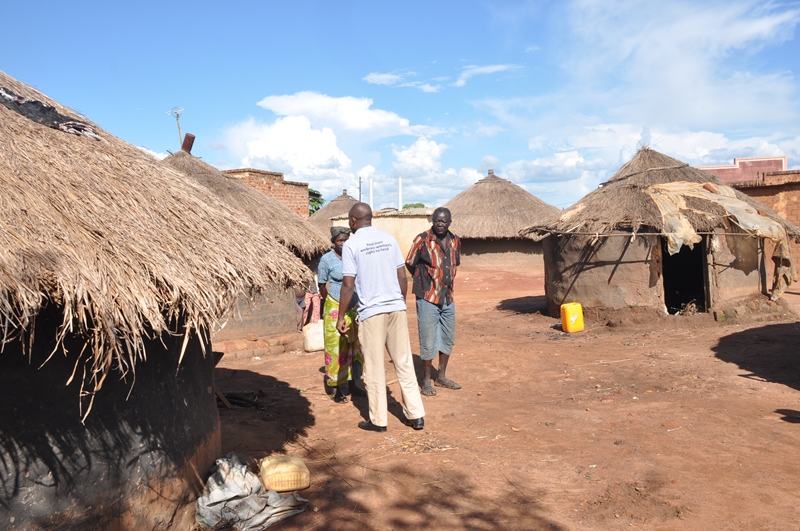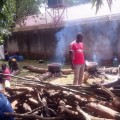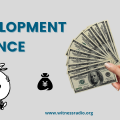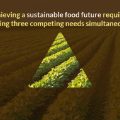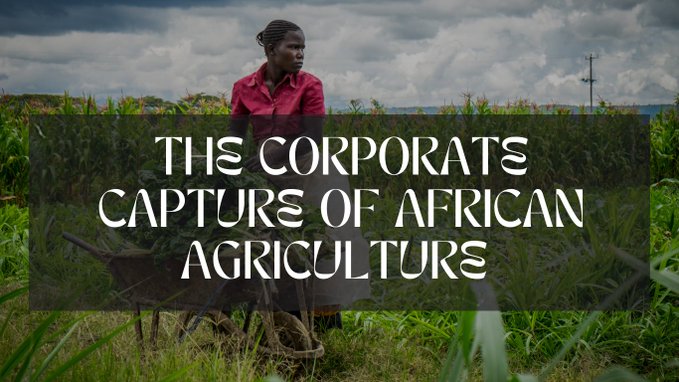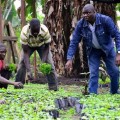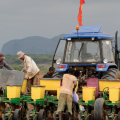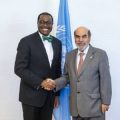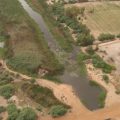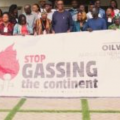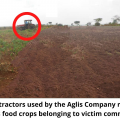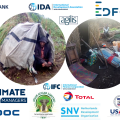Produced by Rosa Luxemburg Foundation in partnership with the Alliance for Food Sovereignty in Africa, Biowatch South Africa, and PELUM Tanzania. This episode will expose the alarming reality of how multinational corporations are influencing Africa’s agricultural future.
In many African communities, women have traditionally held control over agriculture. This episode lays bare the danger posed by the potential loss of this power to corporate interests, a situation which could precipitate widespread hunger. Women are highlighted as the stalwarts preserving the rich traditions of African farming, and their displacement from this role is likened to an existential threat.
The episode shines a spotlight on AGRA (Alliance for a Green Revolution in Africa), launched in 2006, primarily funded by the Bill and Melinda Gates Foundation. It was envisioned as a mechanism to halve hunger in 20 African nations and double the income and yields of over 30 million small-scale farmers by 2020. However, instead of delivering on its promises, it appears that hunger has actually escalated by 30% in these countries.
We dissect the underlying flaws in AGRA’s model, arguing that AGRA’s narrative, epitomizes the failure of the so-called “Green Revolution.” The approach emphasizes a narrow concept of productivity, focused on yield enhancement for a limited number of grain types. This methodology overlooks centuries-old farming practices, wisdom and resilience strategies that African farmers have depended on.
Governments, absorbed by this narrative, have established laws and policies that champion this skewed vision of agricultural productivity, promoting the use of “approved” seeds, which must meet strict formal criteria. Traditional farmers’ seeds are ignored and sidelined, leading to a distorted perspective of what truly constitutes a seed.
The focus on profit over people leads to an emphasis on high-value crops, such as maize. The involvement of foreign entities and their seeds bring with them an increasing dependency on these external factors, essentially eroding the sovereignty of the African nations over their seed stock. This state of affairs is likened to a form of neo-colonialism.
Our collective knowledge about seeds, cultivated over centuries, risks being entirely wiped out, and farmers are effectively being marginised. They’re reduced to mere consumers, alienated from the intimate understanding and respect for the seeds they cultivate. This episode urges the empowerment of farmers as a crucial step to breaking free from the corporate dominance over African agriculture.
This episode is a rallying cry to protect these seeds, our traditions, and our sovereignty. When all else fails, our traditional systems, currently sidelined, will be our beacon of hope and our means of survival.
Watch the clip on our YouTube channel and become part of the struggle to resist the corporate takeover of African food systems.
Source: Alliance for Food Sovereignty in Africa
Watch the full video here: The Corporate Capture of African Agriculture
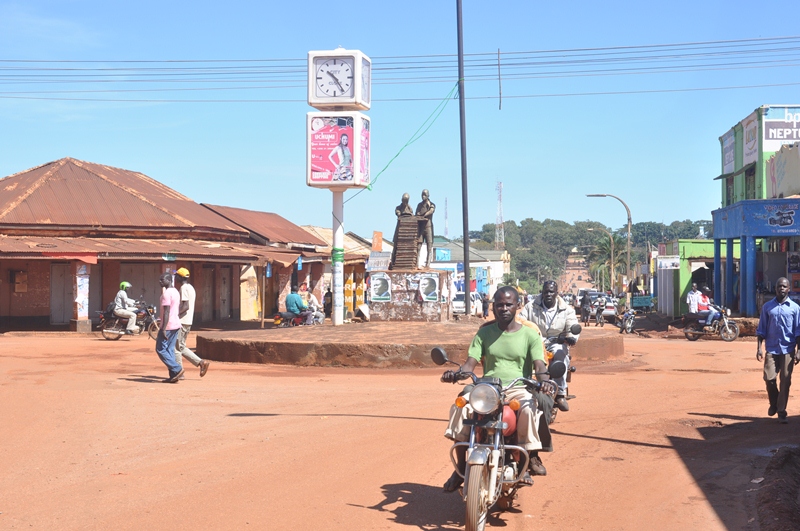

 MEDIA FOR CHANGE NETWORK2 weeks ago
MEDIA FOR CHANGE NETWORK2 weeks ago
 MEDIA FOR CHANGE NETWORK2 weeks ago
MEDIA FOR CHANGE NETWORK2 weeks ago
 NGO WORK4 days ago
NGO WORK4 days ago
 MEDIA FOR CHANGE NETWORK2 weeks ago
MEDIA FOR CHANGE NETWORK2 weeks ago
